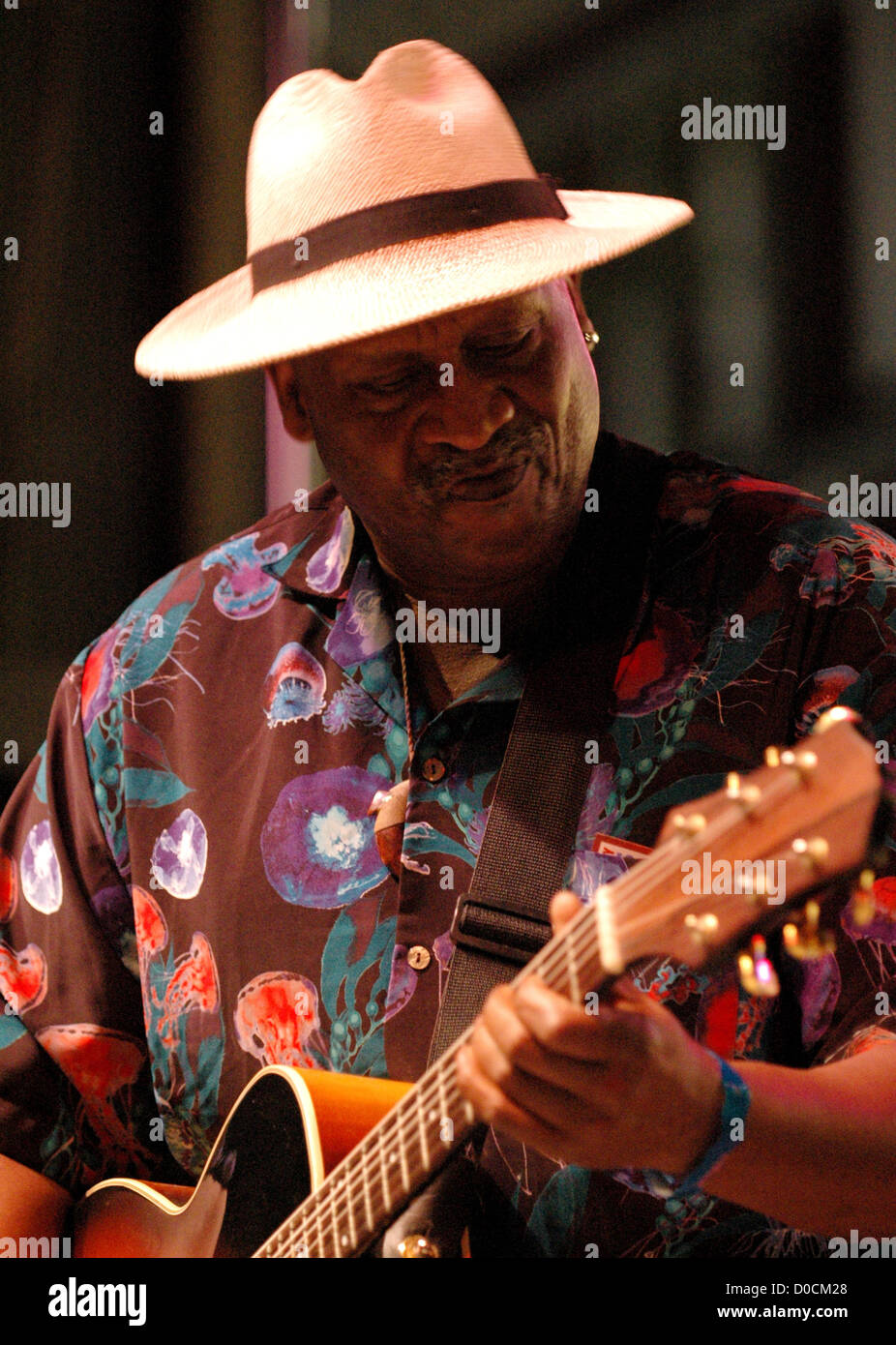Taj Mahal The Musician
Listen free to Taj Mahal – The Best Of Taj Mahal (Statesboro Blues, Leaving Trunk and more). 17 tracks (69:41). Discover more music, concerts, videos, and pictures with the largest catalogue online at Last.fm. People With Money reports on Friday (December 28) that Mahal is the highest-paid musician in the world, pulling in an astonishing $46 million between November 2017 and November 2018, a nearly $20 million lead over his closest competition. Taj Mahal (born Henry Saint Clair Fredericks in New York City on May 17, 1942) is an American Grammy Award-winning blues musician who incorporates elements of world music into his music.
Taj Mahal The Musician
Taj Mahal Background information Birth name Henry Saint Clair Fredericks Born May 17, 1942 ( 1942-05-17) (age 76),, Occupations, Instruments Years active 1964–present Associated acts Website Henry Saint Clair Fredericks, better known by the stage name Taj Mahal (born, ), is an. He has been performing and recording since 1964 and is still popular.

Singer, Songwriter, Composer Singer andFsongwriter Taj Mahal is a musician for whom origins are everything. An avid musicologist, particularly of traditional “country ” blues, Mahal combines an extensive knowledge of black folk music with his own distinct musical interpretations. Mahal rose to prominence in the late 1960s and 1970s as a performer and recording artist of both traditional blues standards and his own authentic-sounding blues compositions. During that time, he became well-known for his trademark buoyant and energetic stage performances, and for a string of albums which, as a Village Voice reviewer once wrote, “always exhibited a roving intelligence and refreshing humor. ” Throughout his career, Mahal has been acclaimed as a leading modern purveyor of traditional blues and, despite the trends of popular music, has continually adhered to his own distinct style —one steeped in, and respectful of, black folk tradition.
“Raw, bone-deep funk and sweetness flow naturally from Mahal ’s fingers and mouth or lathers on teasing licks that have nothing to do with virtuosity and everything to do with taste, ” wrote Josef Woodard in a 1991 Down Beat profile. “Mahal is unmistakable, a musician without precedent or peers. ” Mahal was born Henry Saint Clair Fredericks in City —the name Taj Mahal came to him in a dream; he chose it because of its sound. Early musical influences included his father, who was a West Indian jazz pianist and arranger, and his mother, a schoolteacher and gospel singer from. Mahal ’s involvement with the blues, however, was inspired from within. While working towards an agricultural degree at the University of Massachusetts during the early 1960s, he discovered traditional blues —such as that performed by legendary artists Lightnin ’ Hopkins and Leadbelly —and absorbed himself in researching the roots of black folk music.
Where Does Taj Mahal The Musician Live
It was a direction that went against the grain of much black music, which at the time was more intent on breaking with the past. “That was a choice on my part, ” he recalled to Dimitri Ehrlich in a 1991 Pulse! “There was something about the blues that just full and wholly knocked me out. Instead of popular music creating me, I programmed myself for what I ’m interested in. ” What particularly attracted him to the blues, as he explained to Ehrlich, was how —as in African musical tradition —music functioned as “part of the whole of life. Originally a bass player, Mahal became familiar with the acoustic guitar, piano, harp, banjo, mandolin, harmonica, dulcimer, and a variety of fifes and whistles.